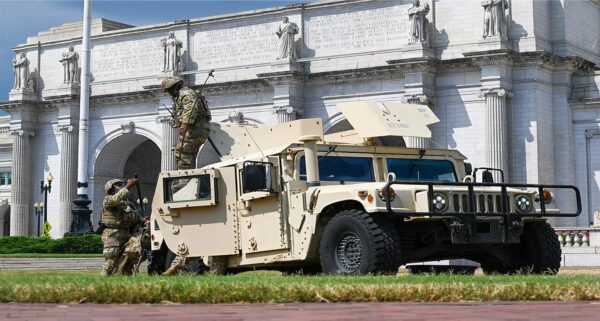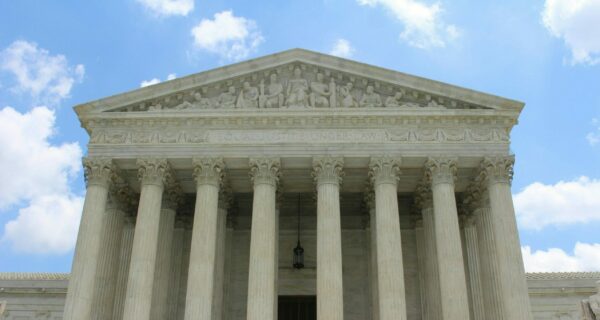
Attorney Dylan Thayer of The Law Offices of David P. Sheldon, PLLC filed a petition on behalf of a former U.S. Army officer, seeking long-overdue correction of her military records. The filing alleges that administrative delays, wrongful documentation, and unjust proceedings led directly to the premature end of the officer’s Army career.
The case centers on the Army’s mishandling of a General Officer Memorandum of Reprimand (GOMOR) issued in 2017. Although the officer accepted responsibility and demonstrated years of exemplary service afterward, including letters of support from commanding officers and strong performance reviews, her record was never corrected in time to prevent an unfair separation. Even the issuing general later confirmed that the reprimand had “served its intended purpose” and should have been removed.
Despite this, bureaucratic delays allowed the reprimand to influence promotion and retention boards, effectively ending the officer’s military service in 2021. The filing argues that the Army Board for Correction of Military Records must now grant relief, including reinstatement, retroactive promotion consideration, and the removal of the unjust reprimand.
“This case is about fairness, justice, and the Army’s duty to uphold its own regulations,” said Dylan Thayer, counsel for the officer. “Our client gave years of honorable service and demonstrated rehabilitation, yet her career was cut short by administrative errors that the Army itself acknowledged were unjust.”
The petition also details the severe toll the separation has taken on the officer’s mental health, including treatment for post-traumatic stress disorder, anxiety, and depression. Advocates argue that correcting her record is not only required by law but essential to restoring the integrity of the Army’s personnel system.
About the Law Offices of David P. Sheldon, PLLC
Based in Washington, D.C., the Law Offices of David P. Sheldon, PLLC represents service members, veterans, and federal employees in matters involving military justice, medical boards, security clearance actions, and corrections of military records. With decades of experience, the firm is committed to protecting the rights and careers of those who serve.
Disclaimer
This press release is for informational purposes only and does not constitute legal advice. Reading this release does not create an attorney-client relationship with the Law Offices of David P. Sheldon, PLLC.


 On 2 September 2025, the U.S. military carried out a precision strike against
On 2 September 2025, the U.S. military carried out a precision strike against

